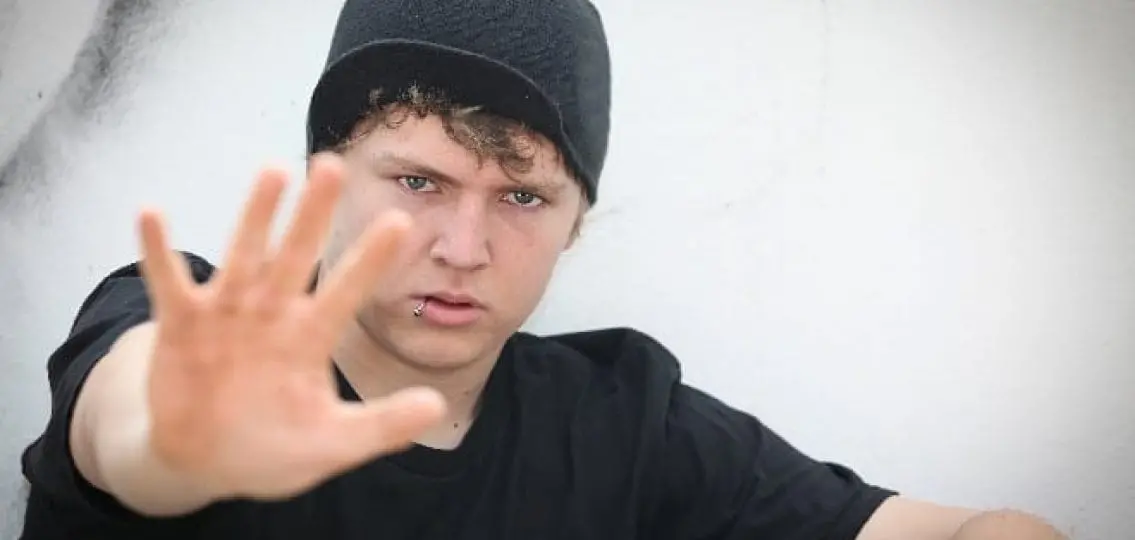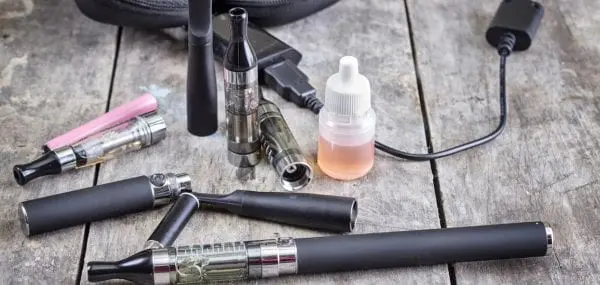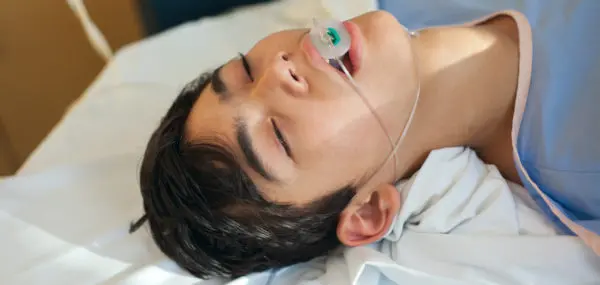Five hundred about-to-graduate high school seniors are a tough crowd to reach. Cranked up on nerves and excitement, seniors are barely coherent. Furthermore, seniors are immortal and know absolutely everything.

But I’m tasked with telling them they’re not and they don’t. They sit there, squirming on their metal folding chairs, counting the minutes until they are no longer children, whispering and texting, fanning themselves against the collective heat of their anxious bodies all clustered together. It’s a ritual of June—before the big high school graduation ceremony, when they’re likely to drive recklessly, drink irresponsibly, text incessantly.
I stand in front of them and use my loss to scare them into better choices.
I tell them about my sister’s death eight years ago, about how a young woman—barely older than they are now—went out partying and then insisted she was okay to drive. She wasn’t. I tell them about how she hit and killed my sister, who was a newlywed on a second honeymoon, out for an early morning run. I tell them about how the young woman went to jail and lost two years of her life. But my sister lost hers forever.
I tell them, with a lump in my throat, how much I miss her every day. They get quieter than you’d think a gym full of kids about to be released from captivity could be.
I tell them to look out for each other. I tell them that I know they are on top of the world, so close to an accomplishment they’ve been working toward for most of their years on earth.
But their joy is not armor. It will not protect them from harm.
They need to remind each other of the little realities that will keep them around to enjoy the fruits of their labors: fasten your seatbelt; turn off your phone; pay attention to the road; hand over the keys; call for a ride.
They become solemn and I feel bad for dampening their spirit—they’ve earned this high.
But in the eight years since my sister’s death, when I first started telling my story, my school hasn’t lost a single student to a high school graduation-related accident.
One girl even approached me a couple of years later, when she came back to show her cousin around at a school open house. “Do you remember when you talked to us before high school graduation?” she asked. I told her I did. “I almost made a bad choice when I was driving,” she told me, her eyes getting big. “But I remembered what you said and I didn’t do it.”
“I’m glad,” I said and she smiled; I’m continually amazed by how much adult approval still means to most teenagers.
They look mature, but they’re still getting comfortable in that skin. Truthfully, they’re aching to be set free but all that freedom is more than a little intimidating. They want to be reminded of how to be safe—not nagged, but reminded. As teachers, as parents, we’ve got to remember that when they roll their eyes and beg us to stop, they know that this is how we care. They do appreciate the hand on the shoulder, the whisper in the ear.
The students don’t know what to say or do when they see me afterward. “I’m sorry about your sister,” they say sometimes or “Thanks for talking to us.” It’s hard for them to look at me. Sometimes they just give me a hug.

It’s difficult to talk about loss. It’s difficult to hear about it, too. But if we talk, and if they listen, then maybe we’ll have fewer new losses to mourn.
Madeleine Deliee lives and works in the Washington, D.C. area and can be found on Twitter at @MMDeliee.




